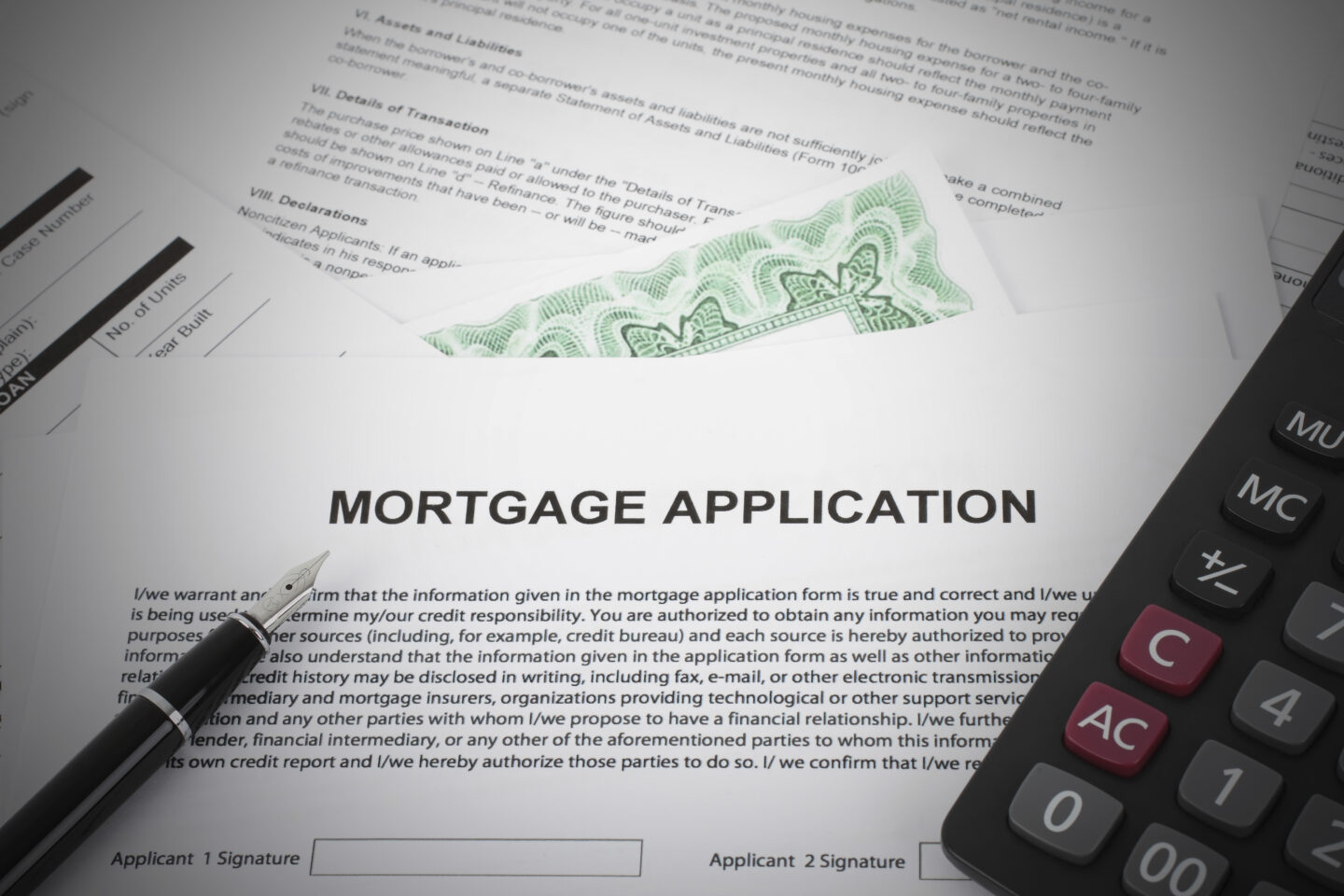Home Mortgage Disclosure Act (HMDA): Why Mortgage Applications Ask Race & Ethnicity
Mortgage shoppers are often surprised when lenders ask about their ethnicity, race, gender, and age. Learn about why it's required thanks to a federal law called the Home Mortgage Disclosure Act (HMDA).

Written by Chris Sessions on December 8, 2015
IN THIS ARTICLE:
- HMDA Overview
- Why Mortgage Applications Must Ask For Race & Ethnicity Data
- Two Separate Laws For Government Monitoring and Anti-Discrimination
- What To Do If You Feel Discrimination Has Occurred
Anti-discrimination lending laws help ensure every mortgage applicant is treated equally, so mortgage shoppers are often surprised when they're completing the loan application process and lenders ask (online, on paper, or in person) about their ethnicity, race, gender, and age.
Lender don't ask for this data by mistake. They are required to collect this data by a federal law called the Home Mortgage Disclosure Act (HMDA). But it's understandably confusing in an anti-discriminatory context, so let's clear it up.
HMDA Overview
Enacted by Congress in 1975, HMDA requires lenders to collect, report, and disclose data about mortgages they originate. HMDA was originally enforced by the Federal Reserve, but rule making and enforcement was transferred to the Consumer Financial Protection Bureau (CFPB) on July 21, 2011.
This HMDA data collected from lenders helps the CFPB and other policymakers to:
- Determine if lenders are serving the housing needs of their communities.
- Identify possible discriminatory lending patterns.
- Provide private investors and public agencies with information to guide housing investments.
The CFPB makes regular updates to HMDA rules and reporting procedures, but the core data they require from lenders includes:
- Date of application
- Loan type (conventional loan, FHA, VA, etc.)
- Loan amount
- Loan term
- Lien status (is it a first or second mortgage)
- Loan purpose (purchase, refinance, home improvement, etc.)
- Rate spread (to determine if a lender is in line with prevailing rates in their area at a given time)
- Term of introductory rate period
- Total origination points and fees
- Property type
- Property location (state, county, MSA, census tract)
- Property parcel number
- Property value
- Occupancy type (owner occupied, non-owner occupied)
- Prepayment penalty term (if any)
- Negative amortization (if any)
- Whether or not application was a request for pre-approval
- Universal loan identifier
- Loan originator identifier
- Borrower income
- Borrower credit score
- Action taken (was loan approved, denied, withdrawn, etc.) and date action taken
- Reason for loan denial (if denied)
- Borrower ethnicity
- Borrower race
- Borrower gender
- Borrower age
U.S. Mortgage Applications Must Ask For Race & Ethnicity Data
The last three items on that list are a standard part of every federally required mortgage application regardless of whether the application is filled out by hand, over the phone, or using an online form.
The race, ethnicity, and gender questions are in a loan application section called 'Information For Government Monitoring Purposes,' and the disclaimer in this section reads as follows:
'The following information is requested by the Federal Government for certain types of loans related to a dwelling in order to monitor the lender's compliance with equal credit opportunity, fair housing and home mortgage disclosure laws. You are not required to furnish this information but are encouraged to do so. The law provides that a lender may not discriminate either on the basis of this information, or on whether you choose to furnish it. If you furnish the information, please provide both ethnicity and race. For race you may check more than one designation. If you do not furnish ethnicity, race, or sex, under Federal regulations, this lender is required to note the information on the basis of visual observation and surname if you have made this application in person. If you do not wish to furnish the information, please check the box below. (Lender must review the above material to ensure that the disclosures satisfy all requirements to which the lender is subject under applicable state law for the particular type of loan applied for.)'
Two Separate Laws For Government Monitoring and Anti-Discrimination
HMDA covers government monitoring for the three regulatory goals stated above, and this is why mortgage applications ask for race, ethnicity, gender, and age.
Another law called the Equal Credit Opportunity Act (ECOA) enacted in 1974 makes it illegal for lenders to discriminate based on race, national origin, gender, age, marital status, or because one receives public assistance.
It can be confusing because ECOA says lenders can't use race, ethnicity, and gender to make loan decisions, but HMDA says lenders must ask for race, ethnicity, and gender for government monitoring purposes.
To discern, it's all about the lender's intent, and your perception of their intent. Was the lender using this data to make a loan decision and thus violating ECOA, or were they just collecting it for government monitoring purposes to comply with HMDA?
What To Do If You Feel Discrimination Has Occurred
If you are concerned about mortgage discrimination or believe you have been discriminated against, follow the CFPB's complaint process, or call the CFPB at 855-411-2372.
How much home can you afford?
At Zillow Home Loans, we can pre-qualify you in as little as 5 minutes, with no impact to your credit score.
Zillow Home Loans, NMLS # 10287. Equal Housing Lender
Get pre-qualifiedHow much home can you afford?
See what's in reach with low down payment options, no hidden fees and step-by-step guidance from us at
Zillow Home Loans.
Zillow Home Loans, NMLS # 10287. Equal Housing Lender
Calculate your BuyAbility℠
Related Articles
Get a mortgage with Zillow Home Loans
Go from dreaming to owning with low down payment options, competitive rates and no hidden fees. A dedicated loan officer will guide you until you have your keys in hand.

Zillow Home Loans, NMLS #10287. Equal Housing Lender.



